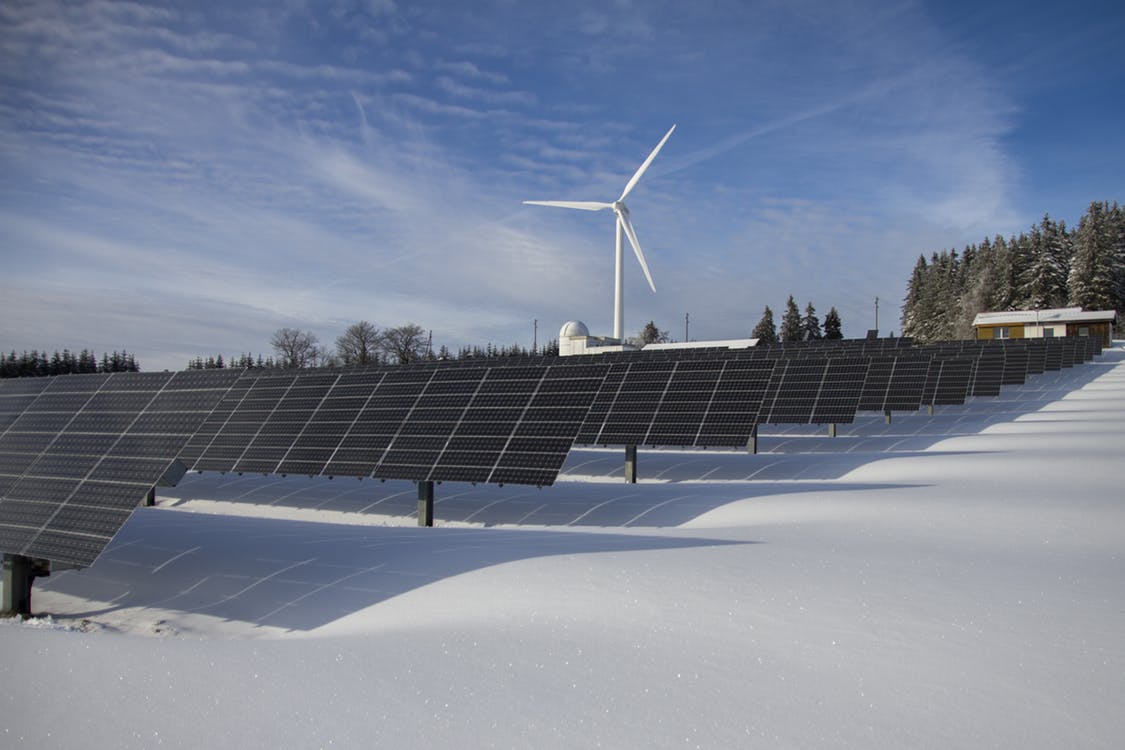Hitachi and Toshiba abandon plans for new British nuclear reactors
All sources of electricity face the same trilemma in the 21st century: carbon emissions, continuity of supply and cost. The UK government has placed a big bet on nuclear power, but reactors meet only two of the three challenges. Nuclear power is low carbon and a secure source of electricity – but it is hugely expensive.
In the era of climate change, generating power without belching out carbon emissions is vital. While building nuclear plants and fuelling them requires concrete, transport and so on, the overall emissions are similar to wind and solar power. All produce far less carbon than coal or gas-powered stations.

Nuclear power also largely passes the security of supply test. The giant plants provide steady electricity, 24 hours a day. But there can be blips. The plants are incredibly complex and technical problems can cause long shutdowns. They also need vast amounts of cooling water, which causes problems when drought strikes.
The ability to provide “baseload power” is not always an advantage either. Modern electricity grids with growing amounts of renewable energy need flexibility and nuclear power is anything but.
Nuclear’s reputation for stability is also being challenged by the crashing cost of energy storage, through new technologies such as banks of batteries and compressed air. These can keep electricity from solar and wind power for times when the sun is not shining and the wind is not blowing. More interconnectors between nations would also allow greater security – the wind is usually blowing somewhere.
Nuclear power’s big problem is its price tag. Building extraordinarily complicated plants and keeping them safe is extremely expensive. Solar and onshore wind power prices have plummeted in recent years and are now about one-third that of nuclear.
What’s more, renewable energy’s costs continue to fall, while those for nuclear only seem to go up. The Hinkley nuclear power plant is a decade behind schedule and billions over budget. How to deal with nuclear waste in the long term is another expensive, and as yet unresolved, headache.
Read more: The Guardian


